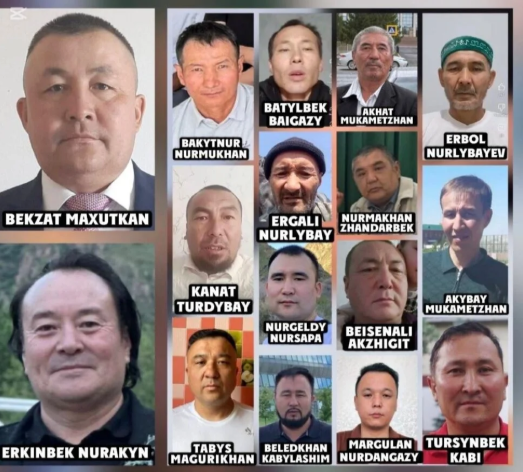Shi Xuemin Dies at 86: CCP Celebrates His “Secularization” of Acupuncture
- info775148
- 20. 5.
- Minut čtení: 2
The illustrious teacher loyally followed the Communist Party’s instructions that Chinese traditional medicine should be separated from spirituality.
By Meng Yaoting
May 20, 2025
Shi Xuemin, a member of the Chinese Academy of Engineering, a professor of Tianjin University of Traditional Medicine, and honorary dean of the First Affiliated Hospital of Tianjin University of Traditional Chinese Medicine, died in Tianjin on May 11, 2025, at age 86. He was a member of the Chinese Communist Party and a superstar of global acupuncture.
Born in Tianjin in 1938, Shi graduated from Tianjin University of Traditional Chinese Medicine in 1962. He later joined the First Affiliated Hospital of Tianjin University of Traditional Chinese Medicine, serving in several roles, such as deputy leader and attending physician of the Chinese Medical Aid Team to Algeria, president of the First Affiliated Hospital, and vice president of Tianjin University of Traditional Chinese Medicine. In 1991, he became a professor, and by 1999, he was elected an academician of the Chinese Academy of Engineering.
The CCP celebrated Shi for his secular approach to acupuncture. Shi constantly downplayed the spiritual Taoist roots of acupuncture, which made him the official voice for acupuncture as a traditional but non-religious and non-spiritual science within the Party. Separating traditional Chinese medicine from spirituality is part of the CCP’s policy, thus making it compatible with the Party’s official Marxist worldview.
Shi Xuemin introduced the concept of a “quantitative science of acupuncture techniques,” which entails the scientific measurement and standardization of traditional methods. His work promoted standardization and dosage management. Shi Xuemin’s technique for quantitative needling introduced exact measures for needle retention duration, rotation angles, and frequency of application. He claimed that scientific experimentation could enhance acupuncture, improving the effectiveness and measurability of treatments. His “Comprehensive Textbook of Acupuncture and Moxibustion” addressed theories of channels and collaterals, point locations, needling techniques, and treatment protocols for diverse ailments. Shi’s introduction of the Xing Nao Kai Qiao (XNKQ) technique, meaning “activating the brain and opening the orifices,” enhanced acupuncture treatment for stroke patients.
Shi advertised his approach to acupuncture worldwide, lecturing and treating patients in more than one hundred countries and regions. He was the author of over fifty books, some of which were translated into English, including “Compendium of Traditional Chinese Medicine,” “Stroke and Awakening the Brain,” and “Shi Xuemin’s Acupuncture (English Edition).”
Shi was one of the great names in world acupuncture. CCP propaganda, however, is primarily interested in celebrating his “secularization” of a traditional Chinese science whose Taoist roots can hardly be denied.
Source: bitterwinter.org











Komentáře